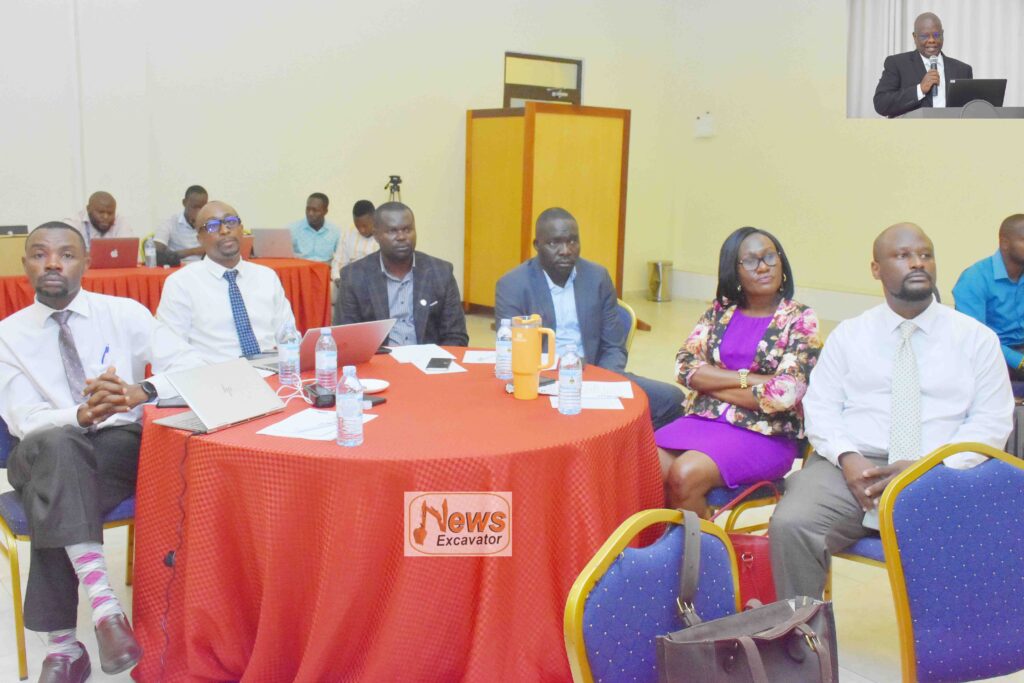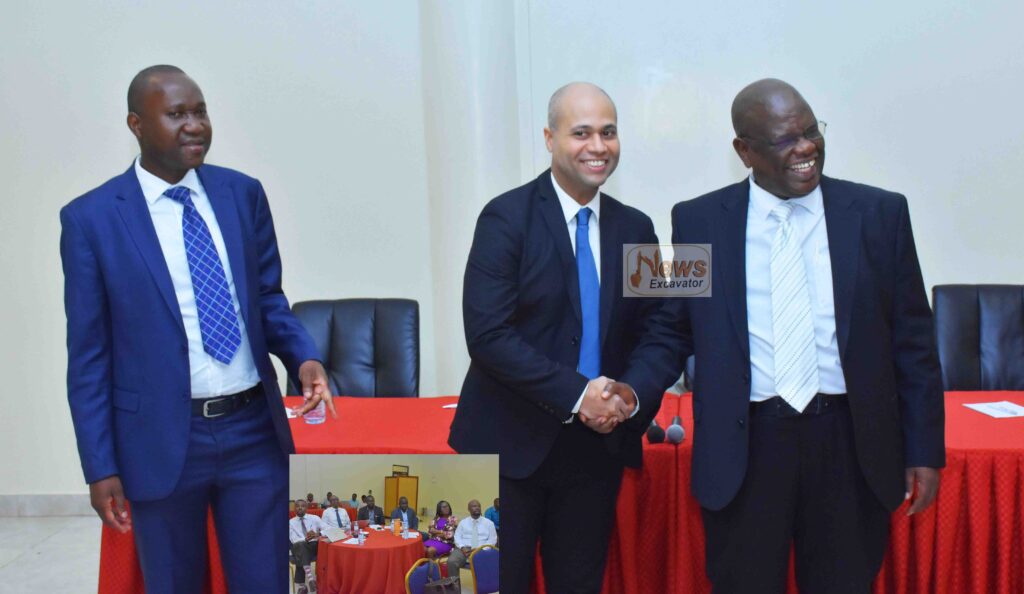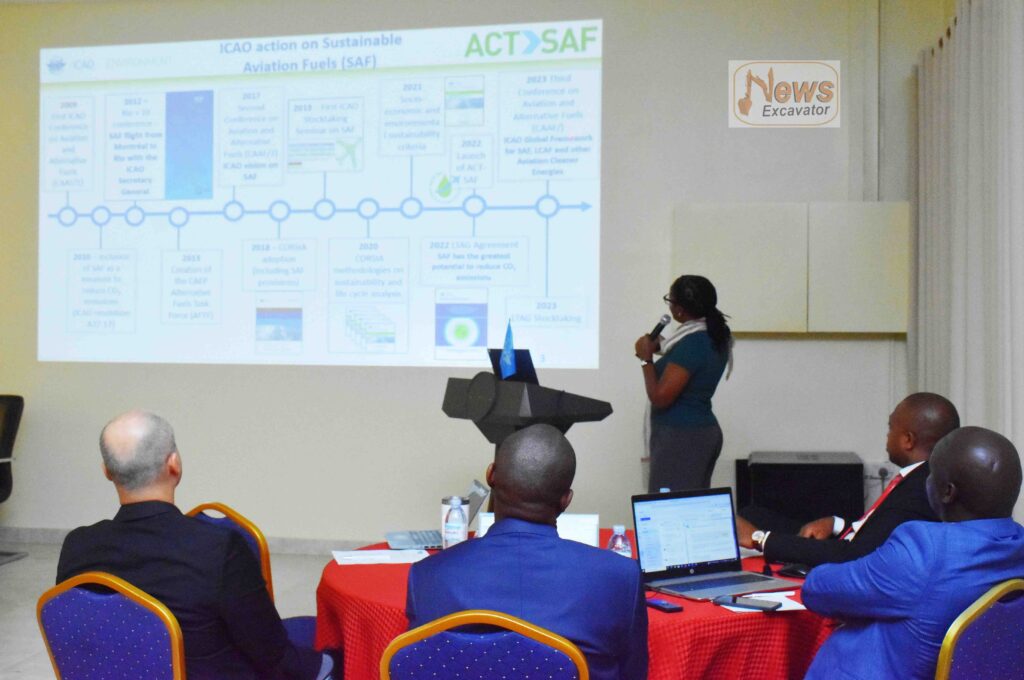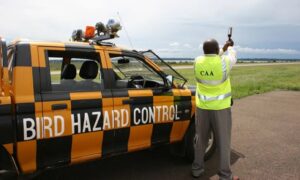
Convened by the Uganda Civil Aviation Authority (UCAA) in conjunction with the International Civil Aviation Organisation (ICAO), the two-day workshop was organised at Premier Best Western Hotel in Entebbe municipality with an aim to equip aviation stakeholders with the knowledge and understanding of technologies plus policy frameworks for sustainable aviation fuels.
The workshop which commenced on Tuesday, was closed on Wednesday with takeaways on how to get rid of carbon emissions by the year 2050. It attracted aviators from different companies and environmental agencies.

The initiative is part of the programmes launched by ICAO in 2023, for cooperation on international aviation environment protection. Mr. Fred Bamwesigye, the UCAA director general pledged Uganda’s commitment on net-zero aviation carbon emissions by 2050.
“ICAO and its member states including Uganda, established the global collective aspiration to reduce aviation carbon emissions by 5% in 2030 through the use of sustainable aviation fuel and cleaner energies,” Bamwesigye remarked.
In the same regard, Mr. Cesar Velarde, the ICAO director of the Air transport bureau said the two-day workshop presented an opportunity for Uganda to build capacity on the global environment protection cause.
“This engagement will strengthen your familiarisation with sustainable aviation fuels, its benefits, challenges and how sustainable aviation fuels can be produced and promoted,” noted Velarde. He lauded the United Kingdom government for sponsoring the training to make sure that Uganda moves at the same pace with developed countries in the aviation sector.
Eng. Ronny Barongo, the UCAA director for safety, security and economic regulation explained that the initiative under the ICAO global framework for sustainable aviation fuels comprises four building blocks including, policy and planning, regulatory framework, implementation support and financing.
“During the ICAO conference in November 2023, a framework on sustainable aviation fuel was launched with the aim of facilitating policy support and financing, promoting capacity building and technology transfer especially for developing countries and setting up a 2030 Vision for sustainable aviation fuels,” he explained.
Mr. Justus Nyunja, the ICAO deputy regional director said the project marks a significant step towards achieving the ICAO long-term goal of net-zero carbon emissions. “It emphasises the importance of sustainable practices in aviation, recognising that each state will contribute in a socially, economically and environmentally sustainable manner,” he remarked. Sustainable aviation fuels play a crucial role in reducing carbon emissions in the aviation sector.

The workshop attracted dignitaries from the ministry of energy, university professors, members from the national oil company, representatives from air companies, the national environment management authority among others. They all pledged commitment towards ending carbon emissions by the year 2050.




